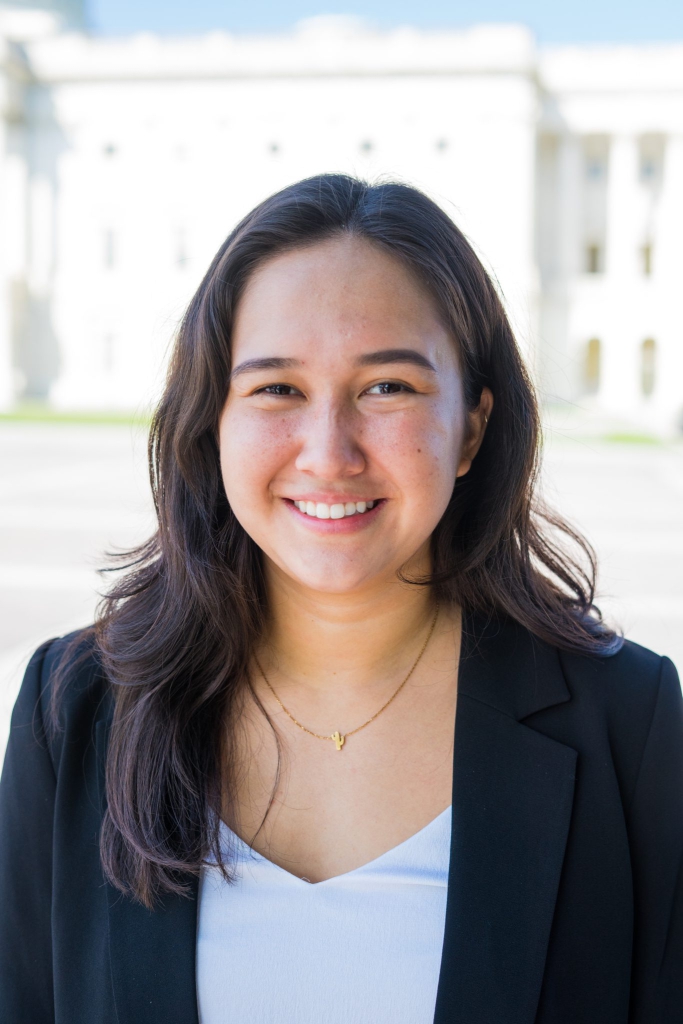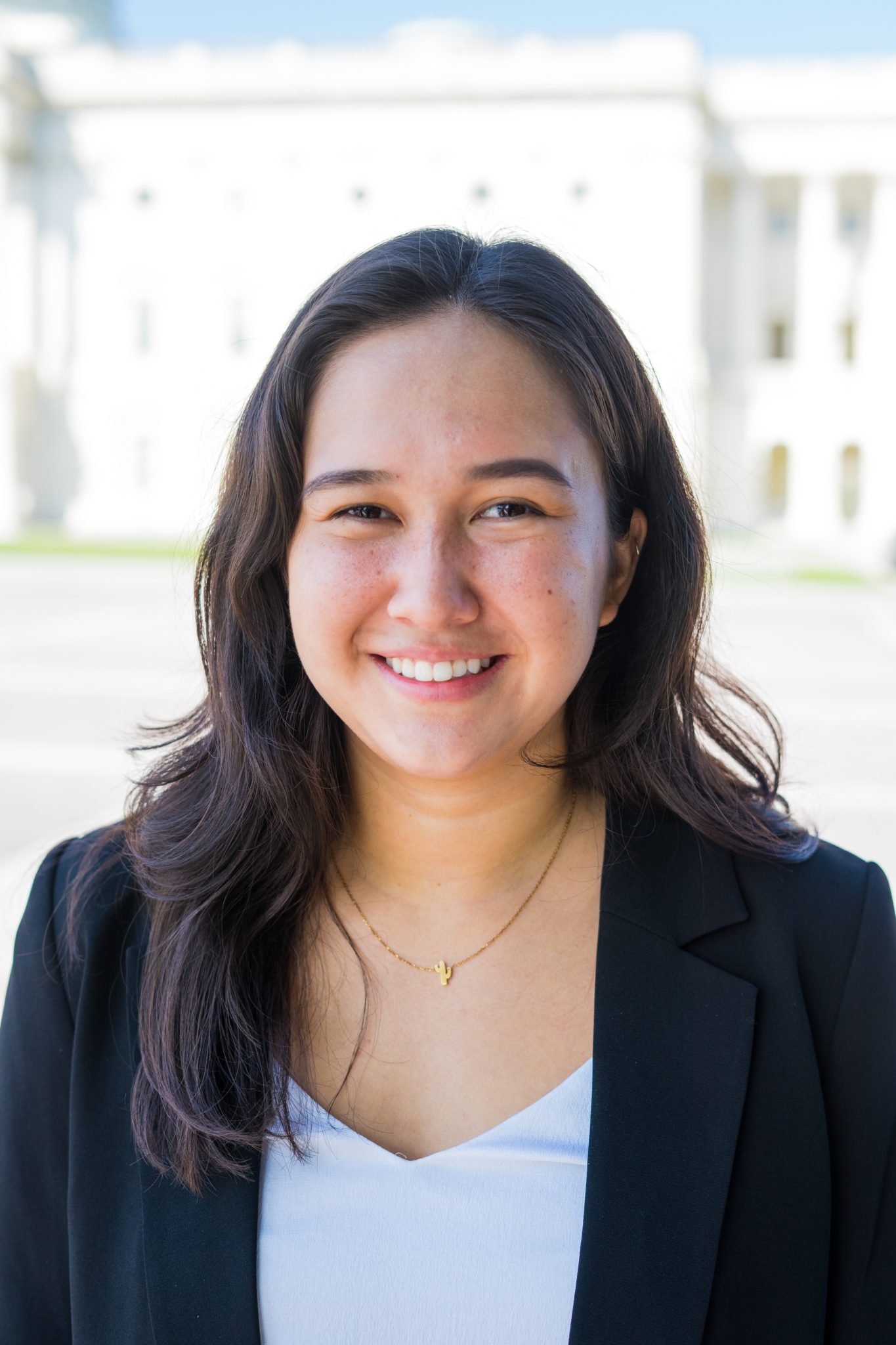
OUT ON THE HILL is the official blog of the Victory Congressional Interns. Views expressed do not necessarily reflect those of LGBTQ Victory Institute.
Will the future be black and white?
Day and night, without ambiguity?
Pedro Lemebel, Manifesto (I Speak for My Difference)
Since becoming a VCI meant working full time throughout the week, I made the decision over the summer to become a part-time student for the semester. Being able to fully immerse myself in my role on the Hill, as well as in the programming we take part in through Victory, has been incredibly helpful in my learning experience. However, the one class that I do take alongside my workload has been defining to my mindset throughout the semester.
In Gender and Sexuality in Latin America, I’ve learned the history of feminist and queer movements outside of the United States, complimenting the lessons on American LGBTQ history that we’ve been focusing on through Victory Institute. Two weeks ago, my class discussed Manifesto (I Speak for My Difference), a poem written by the queer Chilean writer, artist, and activist Pedro Lemebel. Within the poem, Lemebel provides an internal critique of the revolution in Chile, taking issue with the hypermasculine, heteronormative ideal of “the New Man” that was popular in Latin American socialist movements, which left queer people out of the revolution’s utopia. Despite his criticisms, Lemebel was a devoted activist for the cause; he simply demanded that the movement be self-critical and include all of those who were fighting for its implementation. He believed that a “true revolutionary demands the revolution to be better.”
While (unfortunately) my Victory peers are not in class with me during the week, I’ve taken the lessons from my classroom and applied them to the work and conversations that we take part in. Even off of the Hill, we discuss our own personal “revolutions” – and be it voting rights, environmental activism, or housing accessibility, I frame my outlook through this mindset. While we discuss our goals and hopes for change, we also discuss who these movements have historically centered and who has historically been left behind.
Throughout the last ten weeks, we’ve had the incredible opportunity to be immersed within LGBTQ activism and history. Along with that immersion has come the opportunity for us to find our own place in that activism and history moving forward. Our time has helped us to not only set our eyes on progress (and that progress may look different for each of us), but to be critical about how our idea of progress fits into the long line of history that brought us to this moment of time. The tool of self-criticism holds the utmost importance in ensuring that our own revolutions, our own efforts to create change, are more inclusive and comprehensive than those before them.
And your utopia is for future generations
There are so many children that will be born
With a broken wing
And I want them to fly, compañero
And that your revolution
Gives them a red piece of the heaven
So that they might fly


